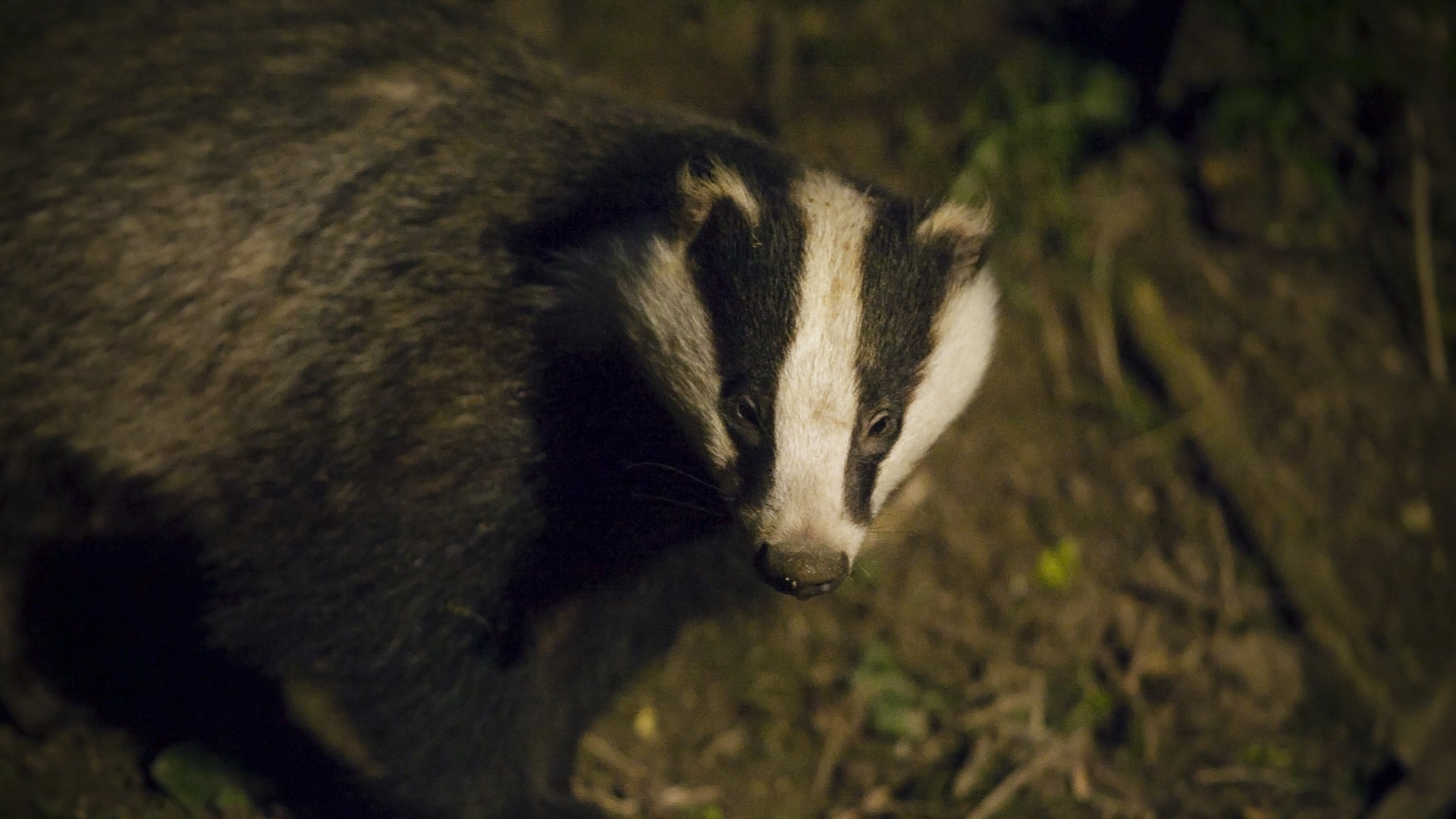Today the Government has published its response to the badger cull consultation held by Defra earlier this year.
Sadly Defra have confirmed that they will continue to issue licences to cull badgers over the next five years, putting 130,000 animals at risk nationally.
With the support of The Wildlife Trusts, over 39,000 people responded to the Government’s consultation and 36,958 of those went on to email their MP, urging the Government to stop issuing badger cull licences immediately.
The Government’s announcement confirms that new licences will be granted in 2021 and 2022. As licenses last for four years, this means that badgers will continue to be culled until 2026. By the end of the cull, 300,000 badgers out of an estimated population of 485,000 may have been culled. 25% of the European population is found in the UK – and The Wildlife Trusts nationally believe that the UK has an international responsibility to conserve them.
Ian Cracknell, Advocacy Officer at Sheffield & Rotherham Wildlife Trust, said:
“Once again the Government has failed to listen to the public on this issue, who want to see an immediate end to the badger cull. Indeed, many people had understood this was to be the Government’s plan, following some very confusing announcements on this issue last year.
“Whilst Sheffield and Rotherham are in a Low Risk Area for bovine TB, sadly our badgers are still at threat of culling as a measure to control incidences of the disease on farms in our area.
“Badgers are a keystone species in the UK, and our largest land predator. If the cull’s target of 130,000 badgers was to be reached, we could lose 60% of England’s badger population, which would clearly have wider repercussions for the ecosystems associated with these animals.
“This could also not come at a worse time as we also face a worrying ecological emergency – related to which the Secretary of State, George Eustice, announced measures to protect and restore nature last week. This latest announcement appears entirely at odds with those ambitions, and we urge the Government to think again on this issue.”
Bovine TB is primarily a cattle disease spread by cattle. Cattle to cattle transmission is the major cause of infection and spread of bovine TB. Evidence demonstrates that culling badgers is likely to be ineffective in fighting the disease and is likely to be counterproductive by dispersing badgers over a wider area, resulting in increased disease transmission.
The Wildlife Trusts are sympathetic to the great hardship that bovine TB causes the farming community, but do not believe that culling badgers is an effective way of halting its spread. Accelerated research into cattle vaccination and improved testing regimes for cattle are urgently needed – and improved movement controls on cattle would minimize the risk of further spread of bovine TB.
We want to see an immediate end to the badger cull and greater resources put into developing cattle vaccination, as well as implementing widespread vaccination of badgers in England.
Click here to donate to our appeal to raise funds for badger vaccination in Sheffield.
To read more about this issue, click here.
